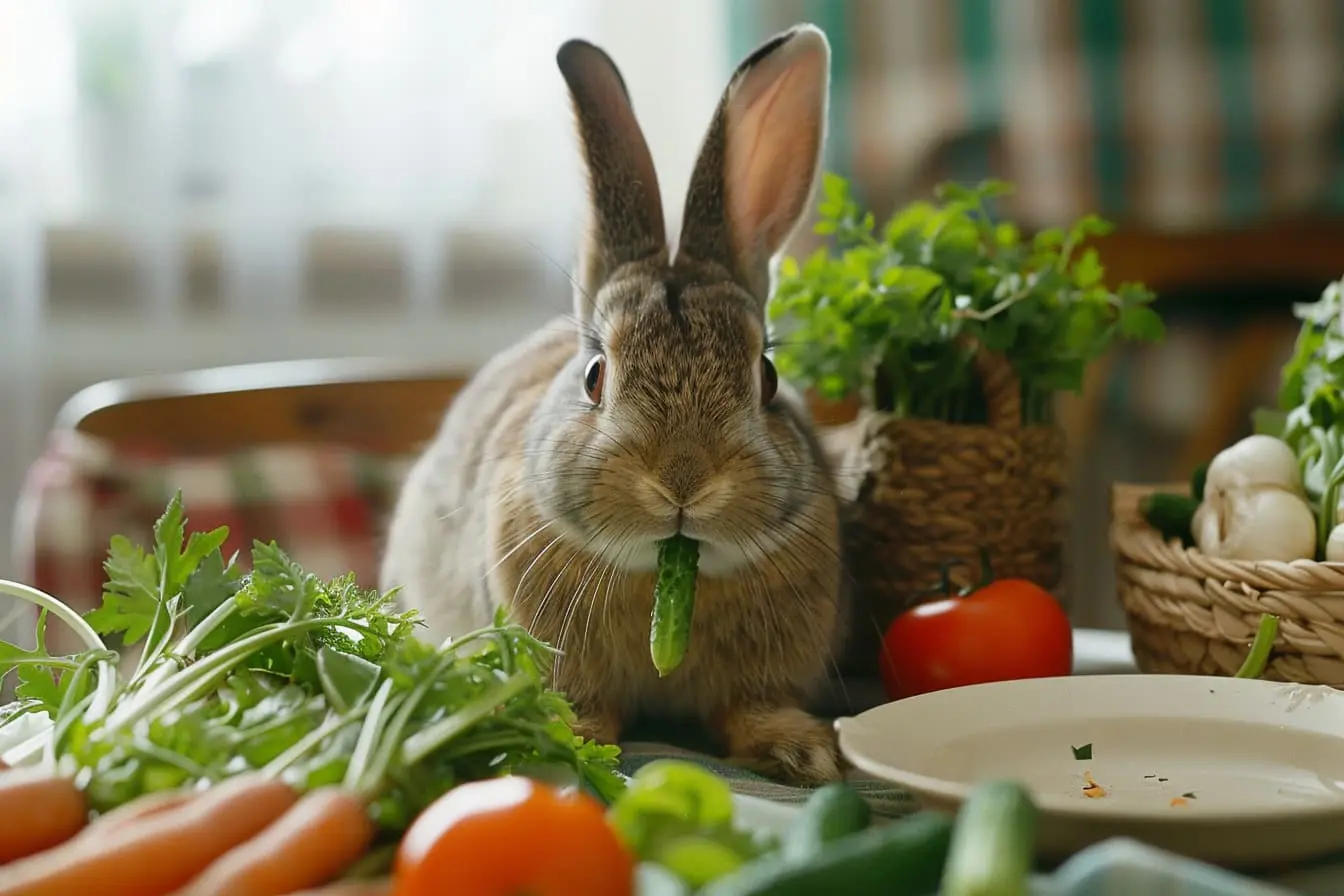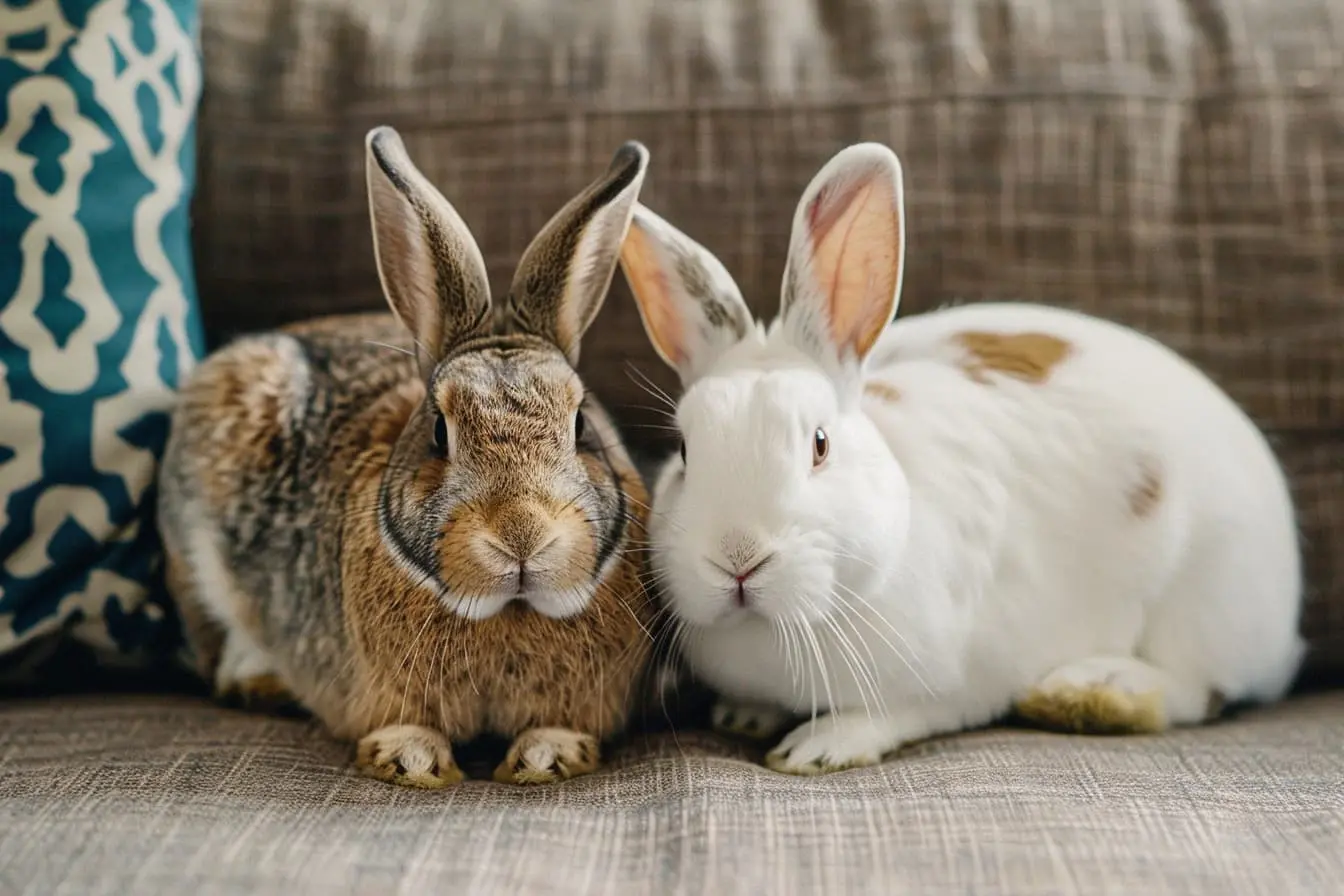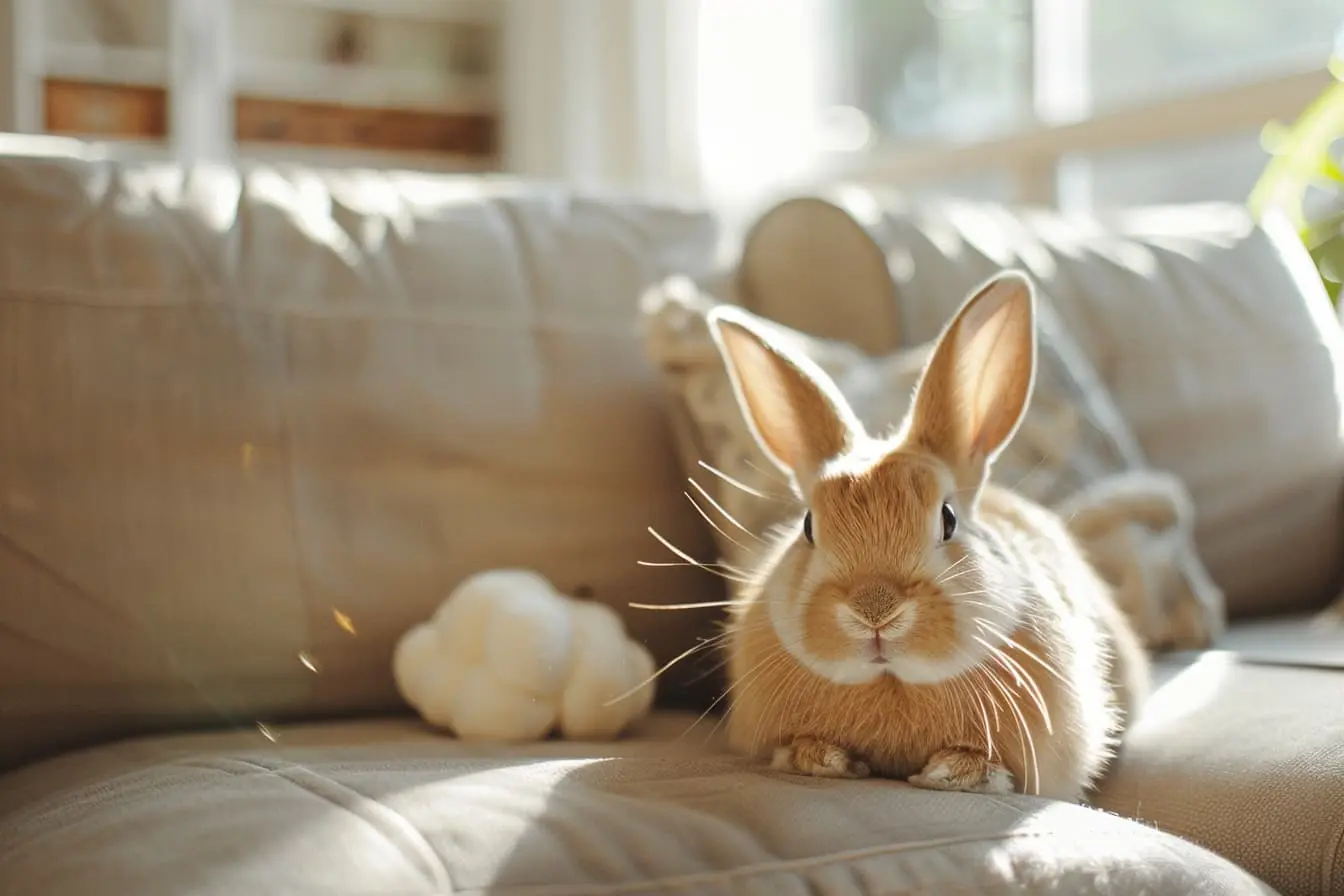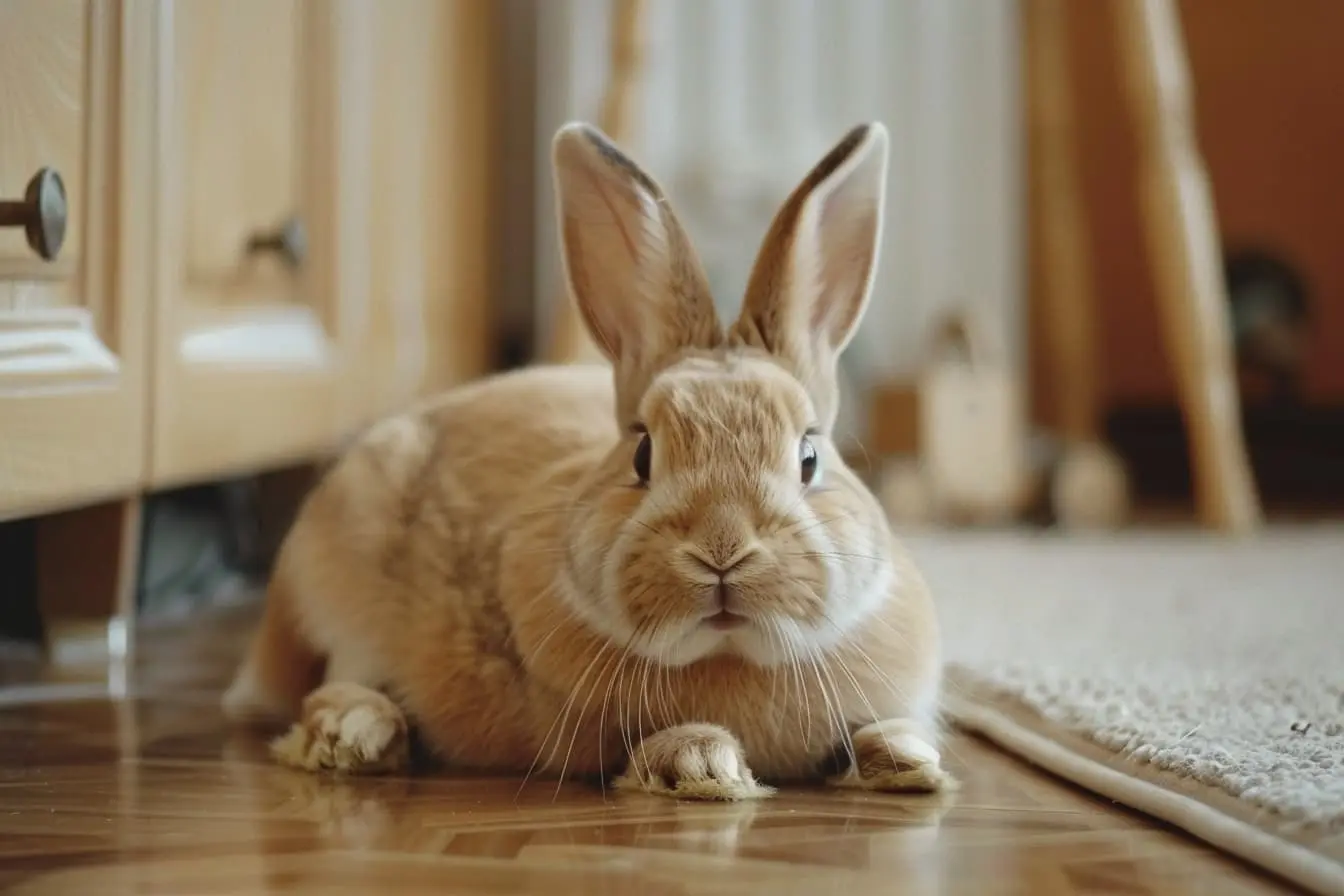
The Essential Guide to Feeding Your Pet Rabbit: A New Owner's Handbook
Welcoming a pet rabbit into your home is a joyous occasion, yet it comes with the responsibility to understand and meet their dietary needs. Rabbits have a unique digestive system, and their health and happiness depend significantly on what and how you feed them. This guide aims to equip new rabbit owners with the knowledge needed to ensure their furry friend thrives.
Understanding Rabbit Nutrition
Rabbits are herbivores, and their diet should mimic what they would eat in the wild: high in fibre, low in fat, and rich in vitamins and minerals. The cornerstone of a rabbit's diet is hay, which should constitute approximately 80-90% of their daily food intake. Hay is vital for two main reasons: it provides the necessary fibre for their digestive health and aids in the natural wearing down of their teeth, which grow continuously.
The Hay Foundation
Always ensure your rabbit has an abundant supply of fresh, high-quality hay. Timothy, meadow, and orchard hays are excellent choices. Young rabbits (under seven months old) may have alfalfa hay, which is higher in calories and calcium, important for their growth. However, as they mature, switch to grass-based hays to prevent obesity and urinary issues.
Fresh Greens: A Daily Delight
In addition to hay, fresh greens are a crucial component of your rabbit's diet, providing essential nutrients and variety. Aim to feed a handful of safe, washed greens per kg of your rabbit's body weight daily. Suitable greens include romaine lettuce, kale, basil, coriander, and dandelion leaves. Avoid iceberg lettuce and cabbage, which can cause digestive problems.
The Role of Pellets
While hay and fresh greens should be the mainstay of your rabbit's diet, a small amount of high-fibre pellets can supplement their nutritional needs. Choose pellets that are high in fibre (18% minimum) and low in protein and fat. For an average-sized adult rabbit, 15 to 30 grams of pellets per day is sufficient.
Treats and Foods to Avoid
Treats should be given sparingly and consist of healthy options like carrot pieces, apple slices (without seeds), and blueberries. However, these should be considered occasional treats rather than a regular part of their diet. Avoid giving your rabbit cereals, nuts, seeds, corn, beans, peas, bread, biscuits, chocolates, or any human snack foods. These can lead to serious health issues, including obesity and gastrointestinal problems.
Water: The Source of Life
Fresh, clean water must be available to your rabbit at all times. Use a heavy bowl that cannot be tipped over easily or a hanging bottle with a sipper tube. Check and refill it daily to ensure your rabbit stays properly hydrated.
Practical Feeding Tips for New Owners
- Monitor Weight and Health: Keep an eye on your rabbit's weight and overall health. A rabbit's diet may need adjustments if they are gaining or losing too much weight.
- Gradual Dietary Changes: Any changes to your rabbit's diet should be made gradually over a week or two to prevent digestive upset.
- Hygiene: Always wash fresh foods before giving them to your rabbit. Also, regularly clean their feeding and water containers to maintain hygiene.
Conclusion
Feeding your rabbit a balanced, appropriate diet is one of the most crucial aspects of their care. By focusing on a diet rich in hay, supplemented with fresh greens, a minimal amount of pellets, and occasional treats, you're setting the foundation for a healthy, happy life for your new furry companion. Welcome to the rewarding journey of rabbit ownership!
Vets near you
Speciality vets
- Aquatics vet specialists
- Birds vet specialists
- Camelids vet specialists
- Cats vet specialists
- Cattle vet specialists
- Deer vet specialists
- Dogs vet specialists
- Equines vet specialists
- Exotic vet specialists
- Goats vet specialists
- Pigs vet specialists
- Poultry vet specialists
- Sheep vet specialists
- Small Mammals vet specialists
- Wild vet specialists
Vet facilities
- Accessible by public transport
- Blood testing
- Car park nearby
- Client car park
- Dentistry
- Diagnostic imaging
- Disabled public access
- Flea and worm treatments
- Microchipping
- Mobile services
- Neutering
- Open at weekends
- Out-of-hours service
- Referral interests
- Referrals only
- Street parking outside
- Toilets available
- Vaccinations



